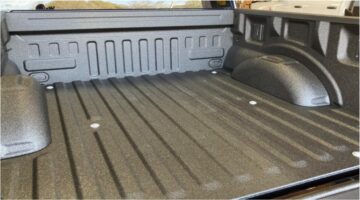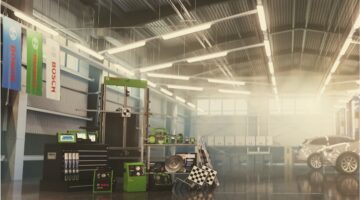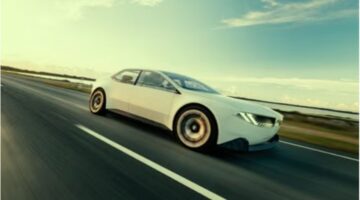The Volkswagen Group is forging ahead with the fundamental change of system in individual mobility and systematically aligning with electric drives. The Group is planning to launch almost 70 new electric models in the next ten years – instead of the 50 previously planned. As a result, the projected number of vehicles to be built on the Group’s electric platforms in the next decade will increase from 15 million to 22 million.
Expanding e- mobility is an important building block on the road to a CO2-neutral balance. Volkswagen has signed off a comprehensive decarbonization program aimed at achieving a fully CO2-neutral balance in all areas from fleet to production to administration by 2050. Volkswagen is thus fully committed to the Paris climate targets.
Dr. Herbert Diess, CEO of Volkswagen AG, said: “Volkswagen is taking on responsibility with regard to the key trends of the future – particularly in connection with climate protection. The targets of the Paris Agreement are our yardstick. We will be systematically aligning production and other stages in the value chain to CO2 neutrality in the coming years.
The Volkswagen Group has set milestones in all areas to be achieved in the coming years on the road to complete decarbonization by 2050. The measures follow three principles: first, effective and sustainable CO2 reduction. Second, switch to renewable energy sources for power supply. Third, compensate for remaining emissions that cannot be avoided. In order to improve the CO2 balance of vehicles throughout their lifecycle, for example, Volkswagen has already made a start on the supply chain. A detailed roadmap is currently being drawn up. There is particularly significant potential as regards steel and aluminum supplies.
In order to support the electric offensive, LG Chem, SKI, CATL and Samsung were selected as strategic battery cell suppliers. In view of the constantly increasing demand, Volkswagen is also taking a close look at possible participation in battery cell manufacturing facilities in Europe.
Looking further ahead, solid-state batteries also have great potential. The goal is to enable an industrial level of production with this technology together with our partner QuantumScape.
At the same time, CO2 emissions at all plants are to be cut 50 percent by 2025 compared with 2010. The conversion of the power station in Wolfsburg from coal to gas will reduce CO2 emissions by 1.5 million tonnes annually from 2023 onwards. Audi’s production activities at the Brussels site, for example, are already completely CO2-neutral. The Zwickau plant will not only be the lead factory for the Modular Electric Drive Toolkit (MEB); the ID. built there will be delivered to customers with a CO2-neutral balance.
To boost e-mobility further, we will be installing 400 fast-charging stations along Europe’s major roads and highways by 2020 in collaboration with industry partners in IONITY. 100 of these will be located in Germany. That means there will be a station every 120 kilometers. Elli (Electric Life), Volkswagen’s new subsidiary, will also offer wallboxes for charging at home, using green power – initially in Germany. In addition, there will be 3,500 charging points on employee car parks at all plants with further charging opportunities at dealerships.









